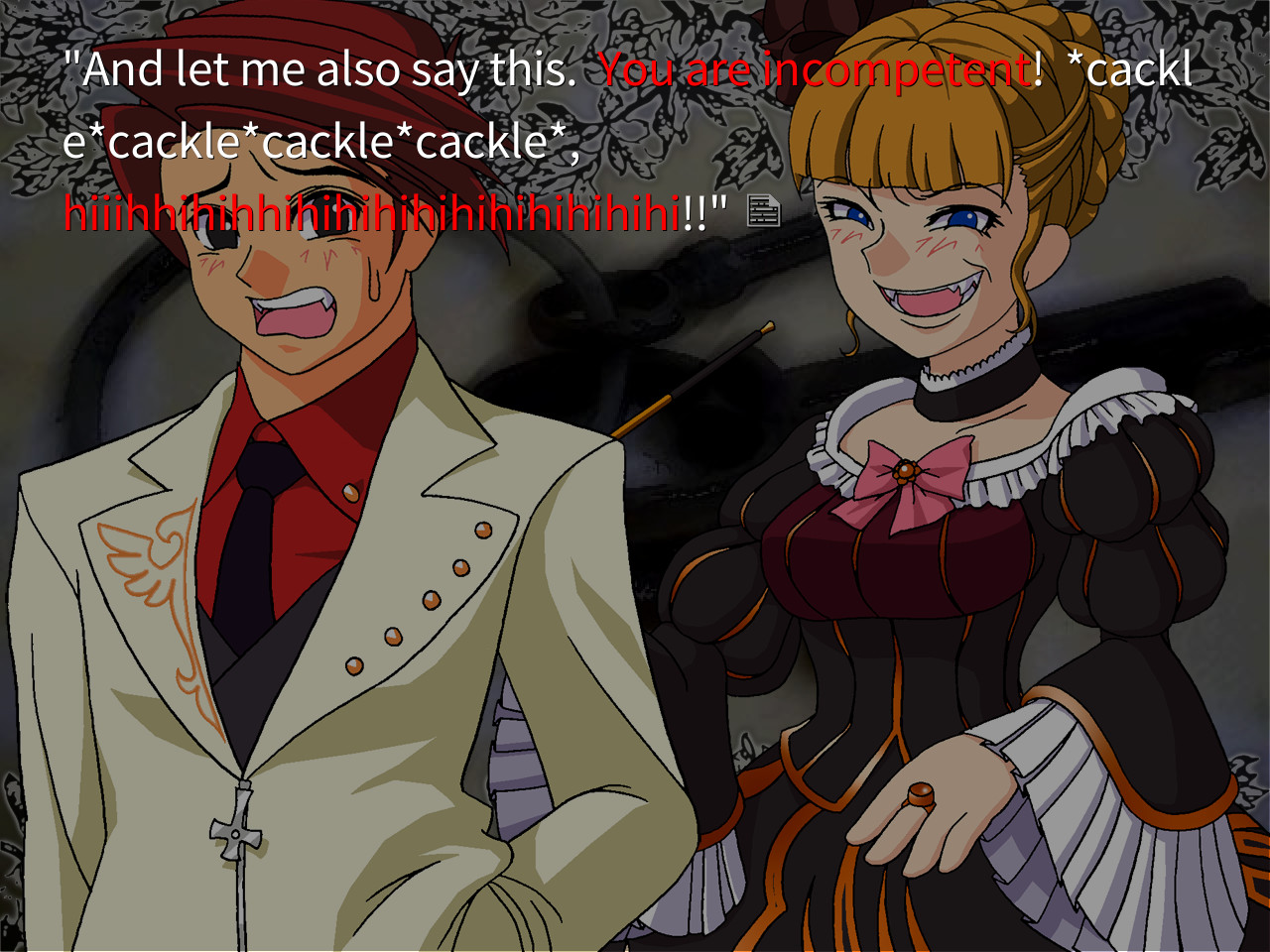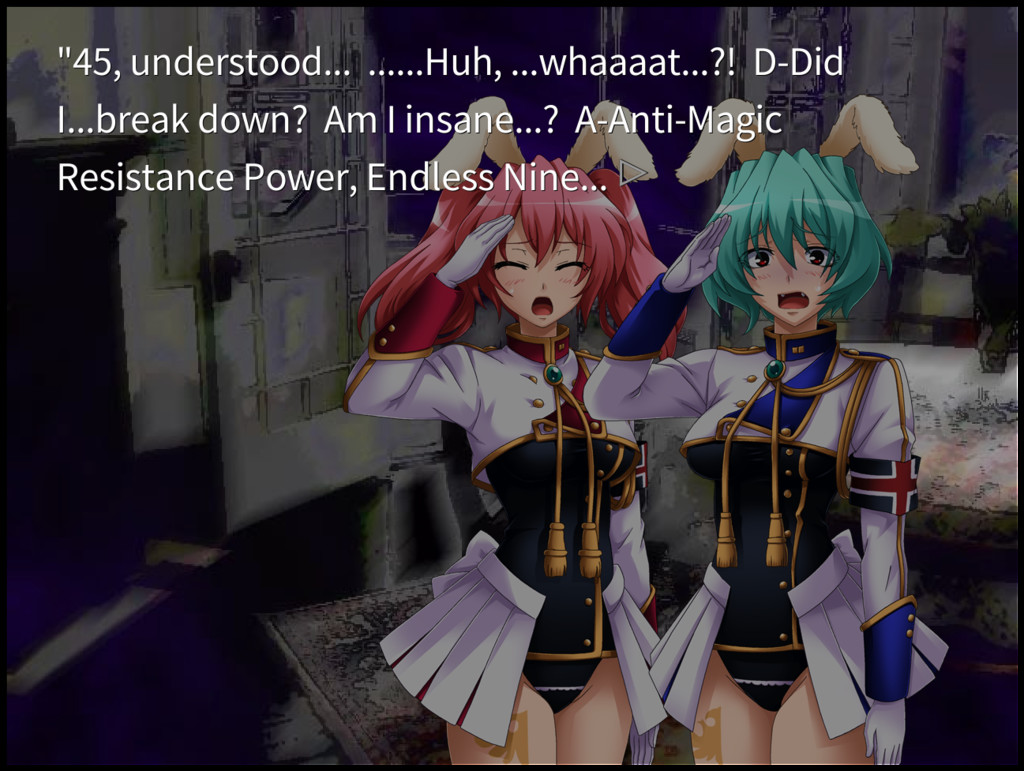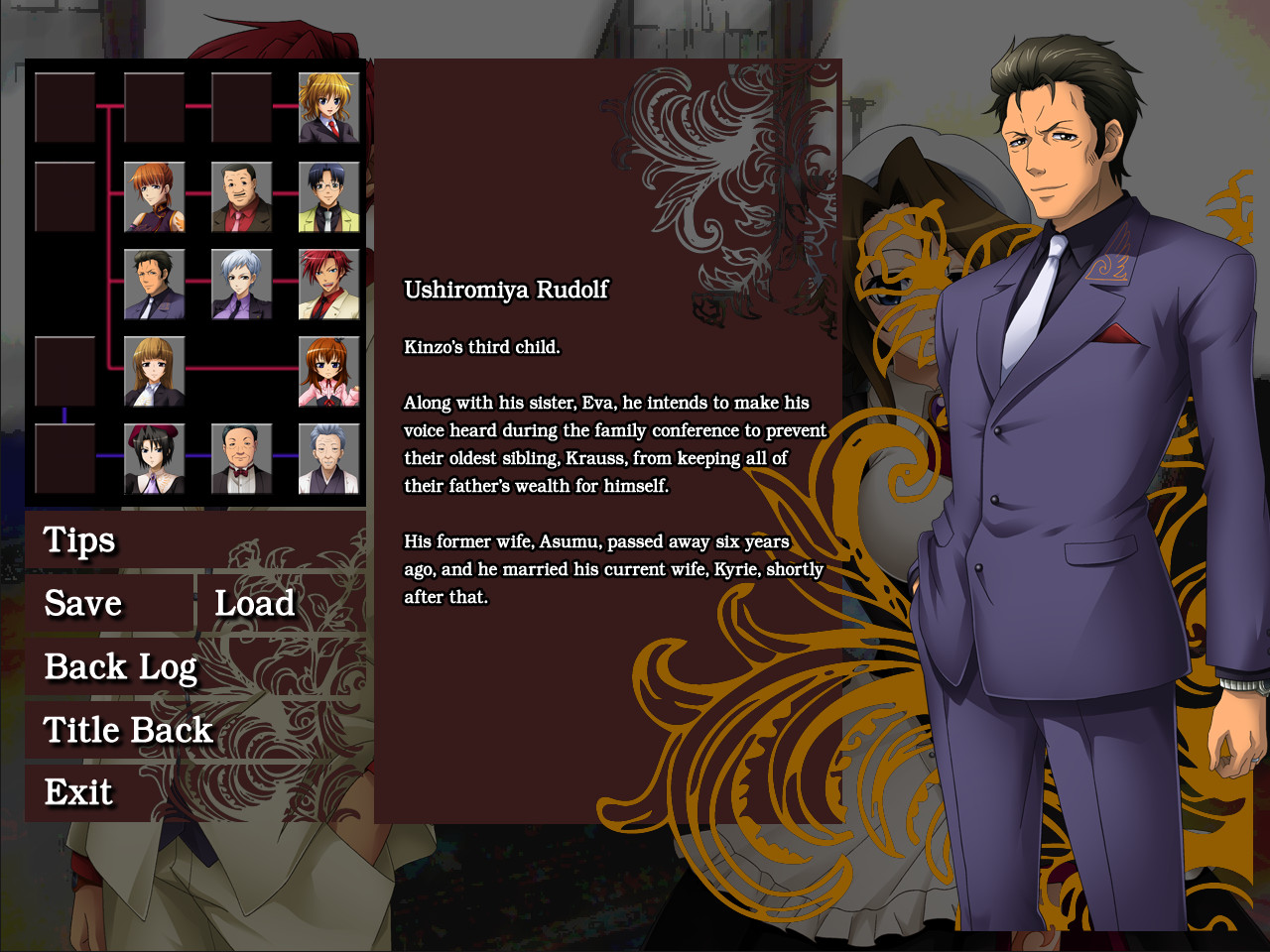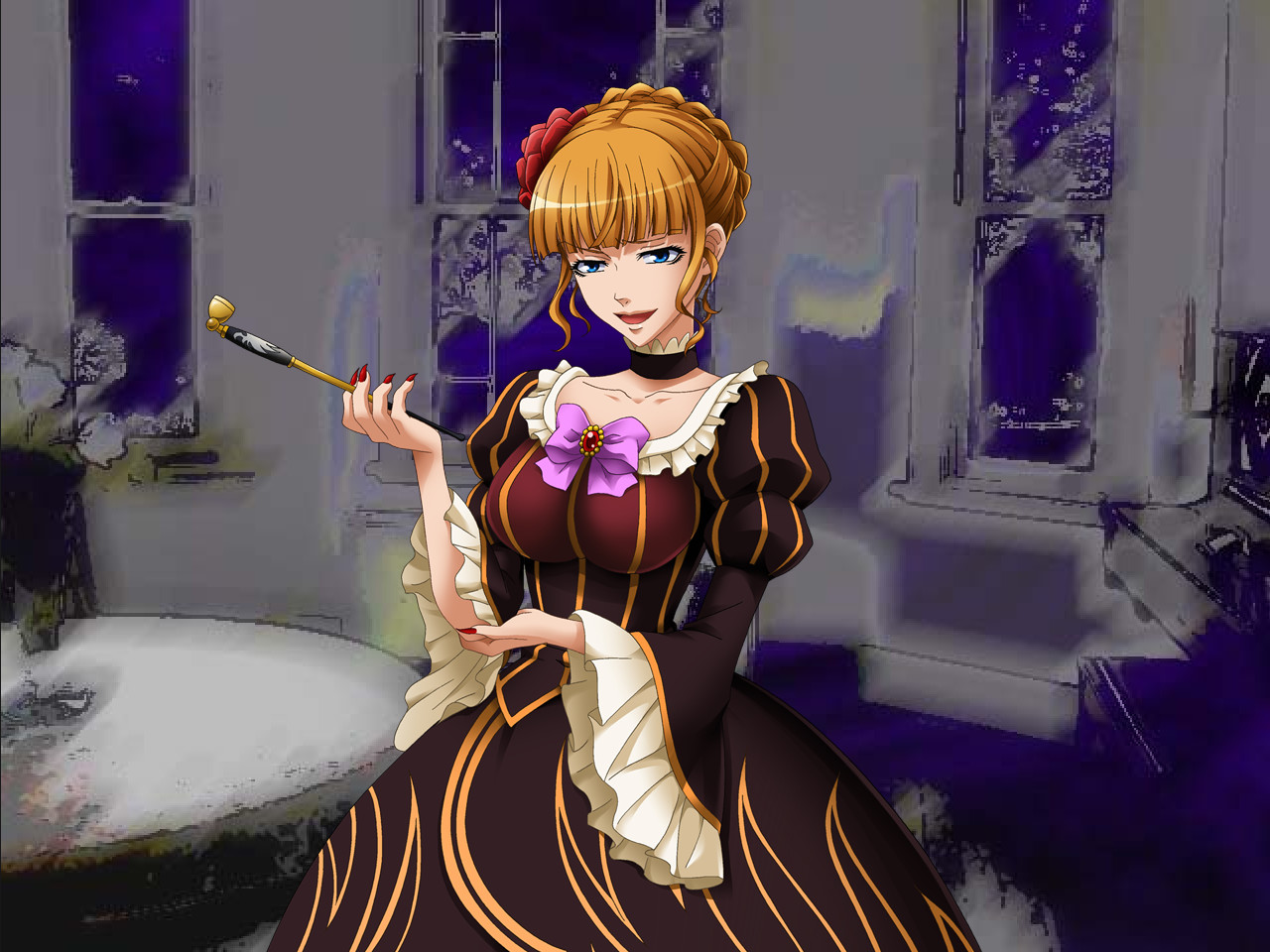GAME REVIEW | A Bloody Tea Party Awaits in Part One of "Umineko"
While Higurashi is still in the process of slowly revealing its story to readers, MangaGamer has gone right ahead of that series and jumped to its follow-up, Umineko no Naku Koro Ni. (That title is a bit of a mouthful, so it's shortened and translated to Umineko When they Cry). While the original game saw episodic releases like Higurashi did, this is a compilation of the first four episodes that put forward the questions to the reader, all in order to make them second guess themselves as to whether or not they are reading the truth of the events in the story or not. What follows is a story that, regardless of the truth, is one hell of a roller-coaster of a mystery and horror story, despite releasing back in 2007.
The series has gained enough popularity in Japan to get multiple different media adaptations such as an anime and manga series. This title in particular is the PC original, transposed onto Steam and re-translated by the Witch Hunt fan translation group, now for a legitimate release produced by MangaGamer. As such, it's lacking voice acting like Higurashi does, but the story within is perhaps better for it.

The sound novel can maintain its chilling atmosphere as a horror more effectively for it. This is especially since its prose is descriptive enough to let the reader use their imagination to fill in the blanks. I can tell you that my imagination can sometimes scare me, as I can totally imagine the grotesque horrors being so vividly described.
Unlike Higurashi, where the story was about learning about repeat murders that mimicked the bloody past of a small rural village, Umineko takes a different route. The story is about a family whose members have gathered to discuss matters involving their Head's wealth, and their distribution of that wealth. Things go south once they receive a strange letter claiming that some bizarre game will play out, with the family members being continually sacrificed unless someone can solve the riddle of the Head's hidden gold. Of course, the very next day, it's discovered that six people at random have been murdered. The protagonist Battler eventually gets caught in a game with the one who started this ritual: Beatrice, the Endless and Golden Witch.

While the story in every episode more or less starts out the same, they are each a different scenario that Beatrice has created to try to convince Battler -- and by extension the reader -- that the events being witnessed really happened by the use of magic, or human tricks. It's a nice approach to ask the reader whether they should accept the media that they are reading as the truth or not; or perhaps it's a challenge for readers to critically examine content in general. Ace Attorney-style exchanges happen in a pocket reality separate from the scenarios, as if Battler and Beatrice were looking at a script and each were arguing their side of magic vs. human trickery.
Umineko is a really well-told story that plays out over four episodes that are about 14 hours each, totaling for about 60 hours of content. The number of hours also includes the "Tea Party" and "Mystery Tea Party" segments following the conclusion of each episode, which bridge the gap between each scenario. Its quality in general is also an improvement over Higurashi's, with pretty much every aspect improved -- even its artwork -- although the original art is still not well done. The game also has a built-in lexicon for the character bios, which is very helpful considering that there are so many. Reasonably priced at $25, Umineko is well worth picking up for visual novel fans.

VERDICT:
The Good: The story is a much a horror VN as it is a mystery, and the debates between Battler and Beatrice are a thing to behold.
The Bad: When looking at the bios of characters in the TIPS section, clicking through the entries to find certain characters can be difficult.
The Ugly: While 07th Expansion's artwork has improved, it's still not good.
SUMMARY: Umineko is a terrific horror visual novel, wrapped with a bit of mystery and detective genres mixed in, that also tells a story of genre deconstruction.
FINAL GRADE:
Review code provided by John Pickett and MangaGamer






